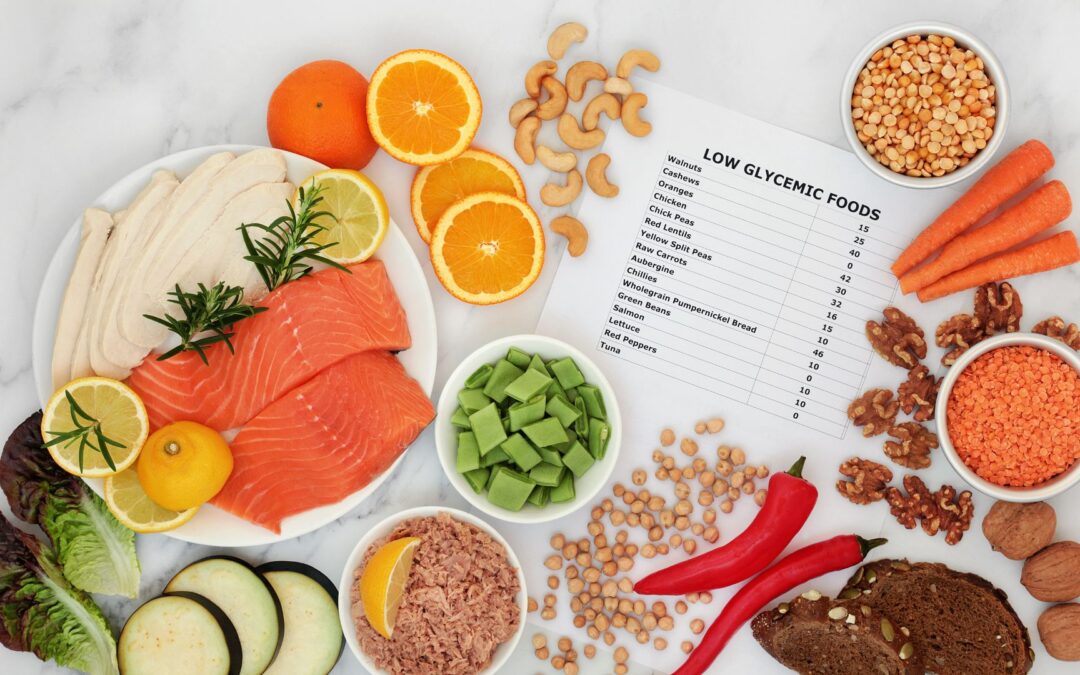Did you know that adult kidney transplant recipients with chronic rejection should limit protein intake to 0.73 ± 0.11 g/kg body weight as this may safely stabilize the glomerular filtration rate and slow the progression to kidney failure?
In a healthy individual, a protein intake of ~ 0.8 g/kg body weight per day is recommended for the general population for body weight maintenance. However, the average protein intake among patients with chronic kidney disease is 0.9 ± 0.4 g/kg body weight per day, which is higher than the guideline level. A previous study has shown that higher dietary protein levels are associated with accelerated renal function decline in dialysis patients. Therefore, further studies on the effects of dietary protein intake on the progression of chronic kidney disease and rheumatoid arthritis are needed.
The kidneys play a crucial role in maintaining normal body fluid homeostasis. The primary function of the kidney is to filter waste, excess water, and salt while retaining essential electrolytes such as sodium, potassium, and calcium. Kidney function deteriorates when there is an increase in glomerular filtration rate and the excretion of waste products increases in excess. This phenomenon is called glomerulosclerosis. Accumulation of corticosteroids (produced by autoregulatory mechanisms) inhibits the release of vasopressin from the anterior lobe of the pituitary gland
Conclusion:
The current research on immunosuppressive protocols for kidney transplant recipients with chronic rejection does not support the restriction of dietary protein and interference with normal nutrition for patients. Researchers are working on finding a balance between recommendations mentioned in different studies.

